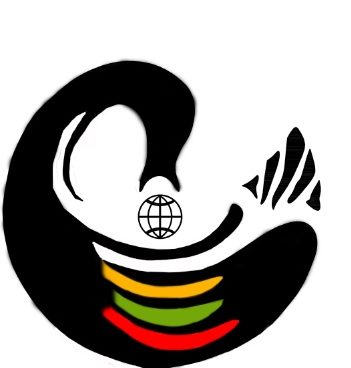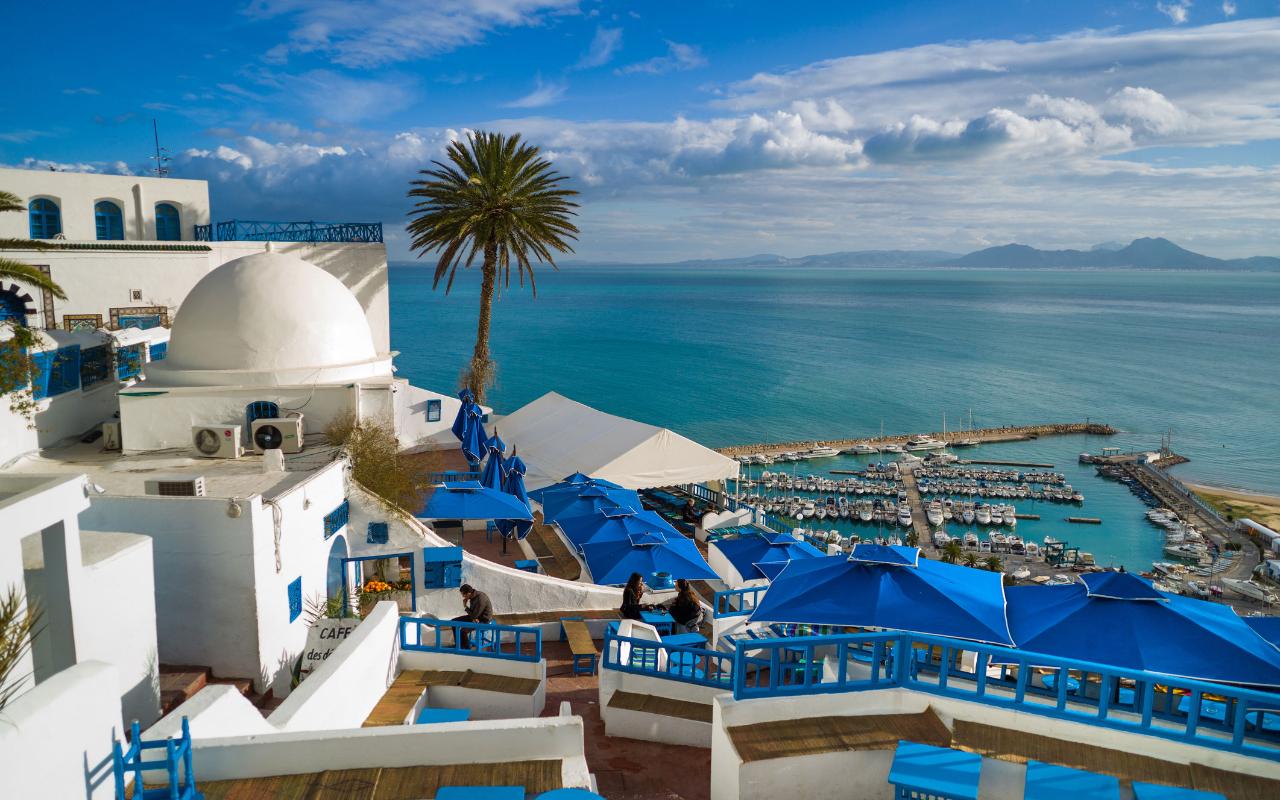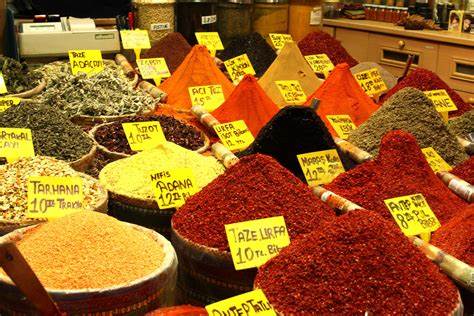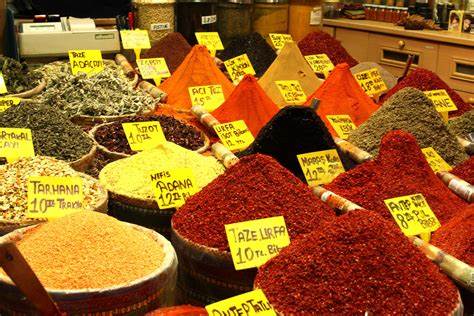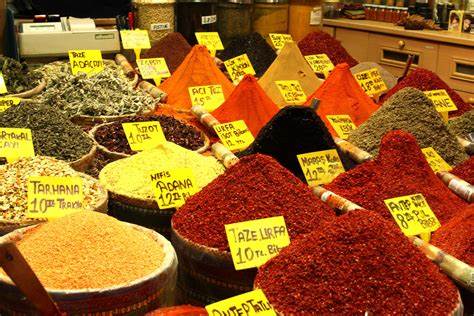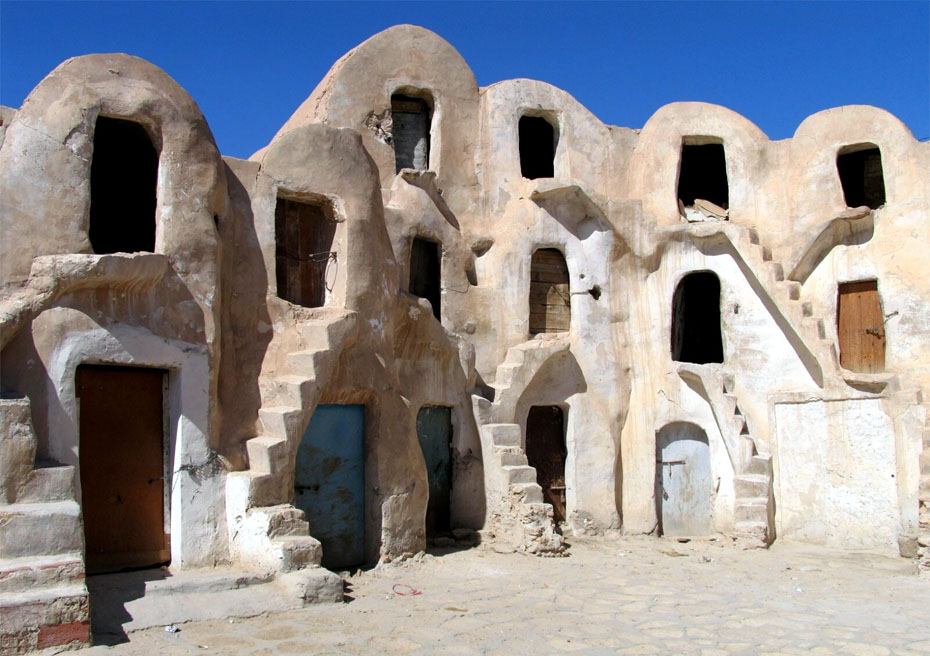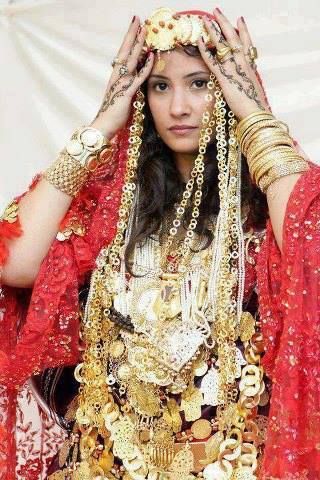Tunisia is located in Northern Africa. According to Greek legend, Dido, a princess of Tyre, was the first outsider to settle among the native tribes of what is now Tunisia when she founded the city of Carthage in the 9th century BCE. Tunisia’s culture is highly diverse, in part because of long periods of Ottoman and then French rule but also because populations of Jews and Christians have lived among a Muslim majority for centuries. Tunisia is bounded by Algeria to the west and southwest, by Libya to the southeast, and by the Mediterranean Sea to the east and north. The population of Tunisia is essentially Arab Berber. However, throughout the centuries Tunisia has received various waves of immigration that have included Phoenicians, sub-Saharan Africans, Jews, Romans, Vandals, and Arabs; Arabic is the official language, and most natives speak a dialect of Tunisian Arabic. Modern Standard Arabic is taught in schools. Virtually the entire population is Muslim, and Islam, in its Mālikī Sunni form, is the state religion. Christian and Jewish minorities have declined substantially in number since independence; Some two-thirds of Tunisia is suitable for farming, and about one-fifth of the working population is employed in agriculture, yet agricultural production is still insufficient to meet the needs of Tunisia’s growing population and contributes only about one-twelfth of gross domestic product (GDP). Cereals, in particular, must be imported, as must meat and dairy products; sheep, goats, and cattle are raised but not in numbers sufficient to supply domestic demand. Tunisia’s natural resources are relatively meagre. Until the discovery of petroleum, the principal mineral resource was phosphate; of this, one-third is exported, and the remainder is used by domestic chemical industries. Fertilizer is also an important export. Other major mineral resources are zinc, lead, barite, and iron. In general, though Tunisians consider themselves to be more liberal and tolerant than their neighbors—most urban women, for example, dress in Western clothes and do not veil themselves, and (though it is considered inappropriate by some Tunisian Muslims) locally made wines and spirits are consumed—they still maintain a strong Islamic identity.
Things to Do:
Visit the Bardo Museum
Visit Zitouna Mosque
Stroll the Souks/Arab Markets
